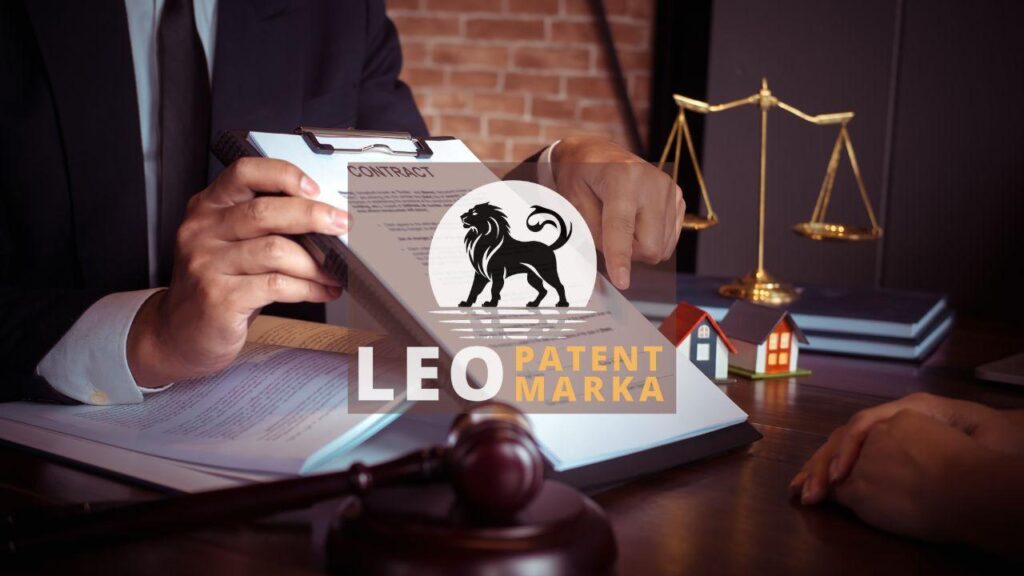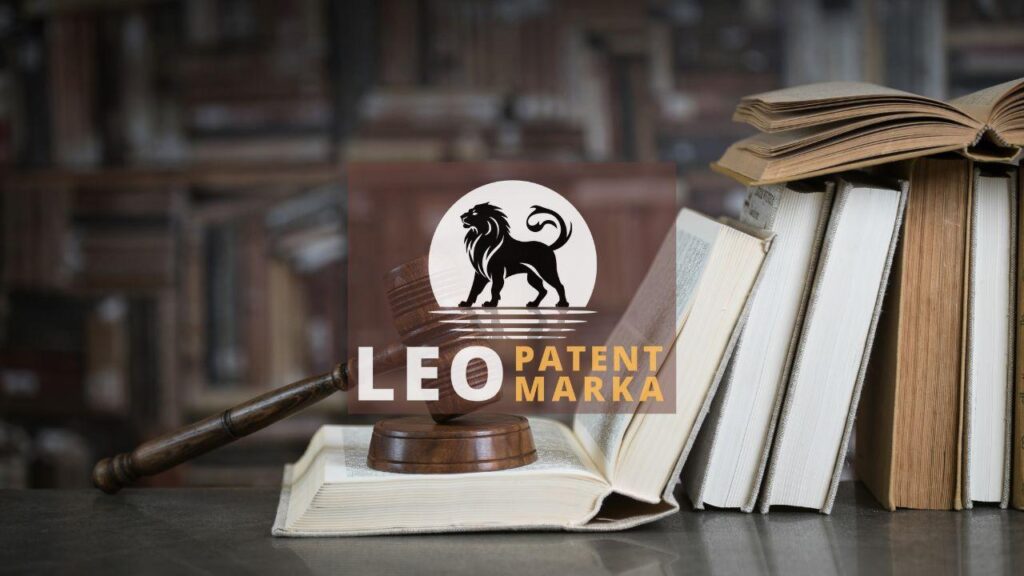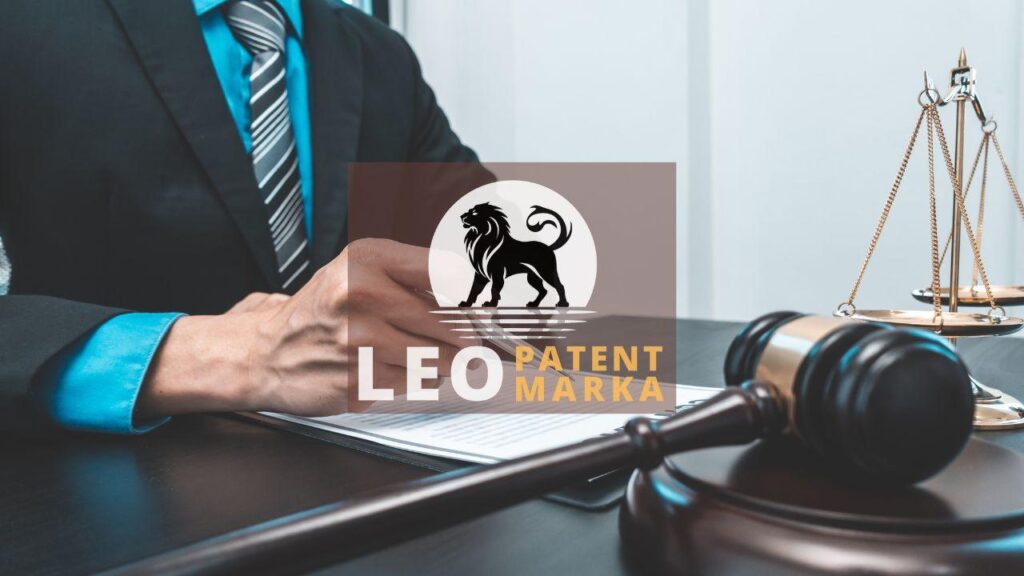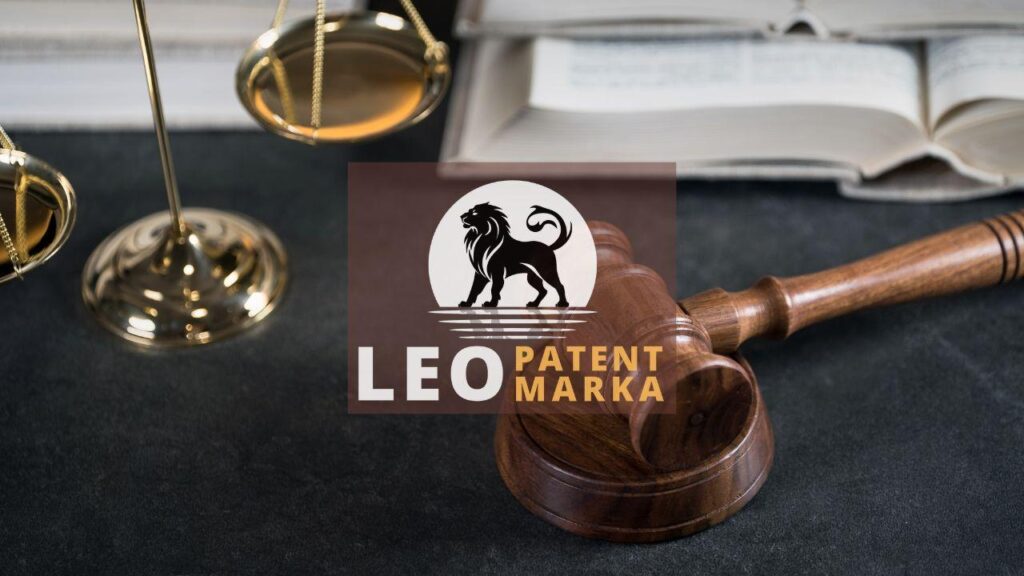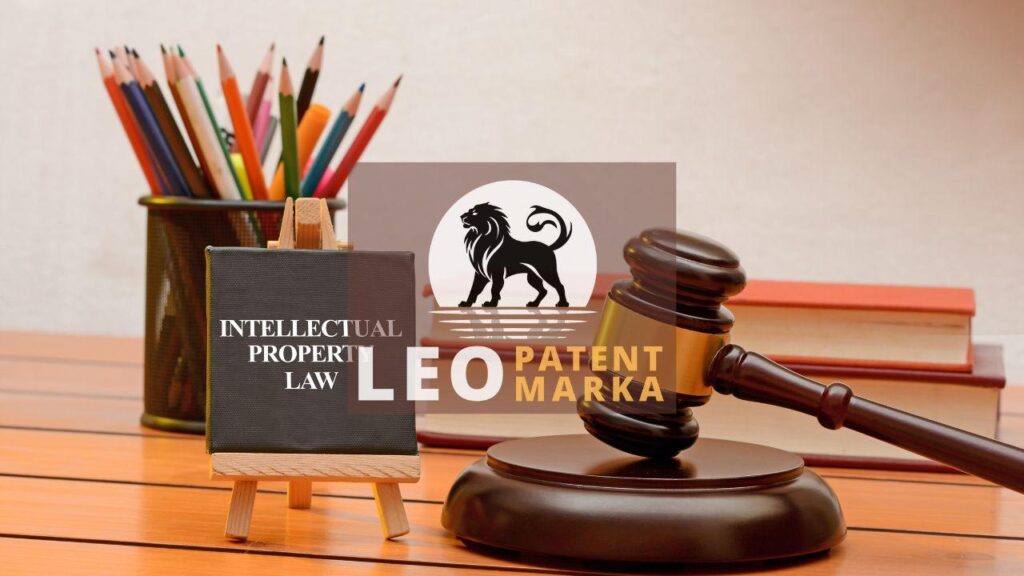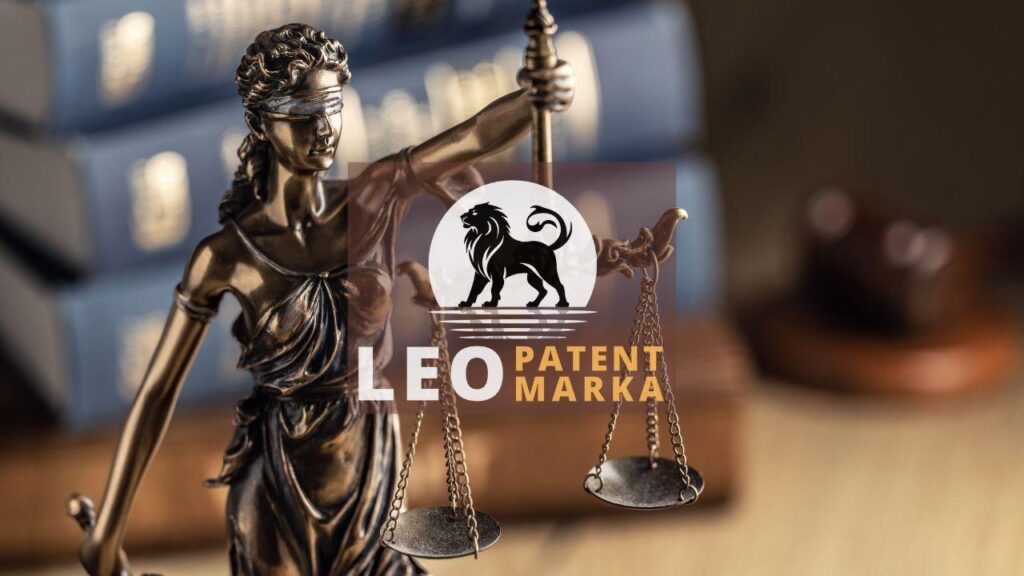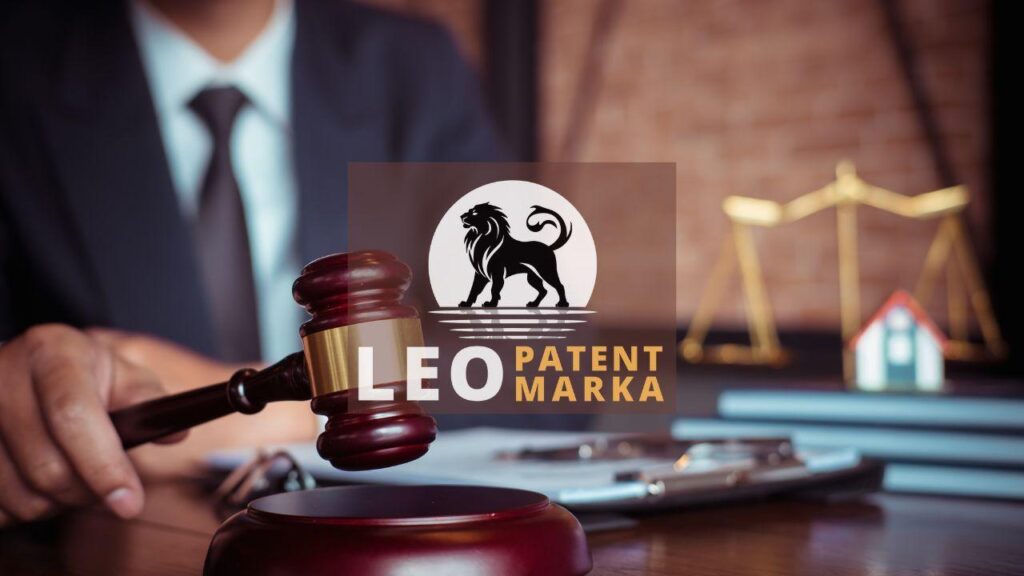When diving into mergers and acquisitions (M&A), addressing IP issues is not merely a task—it’s a crucial step. Intellectual property in M&A often presents a labyrinth of challenges. Companies must prioritize IP due diligence to uncover potential pitfalls. Why? Because overlooking these can throw a wrench in the entire process. M&A legal considerations aren’t just bullet points in a checklist; they are pivotal in maintaining the integrity of the deal. Imagine discovering, too late, that key patents weren’t properly secured or licenses weren’t transferable. Such merger acquisition challenges can derail plans swiftly. Therefore, thorough investigation of IP issues in M&A is paramount. It prevents costly slip-ups and protects the deal’s value. As you navigate this complex terrain, remember that addressing these elements early ensures a smoother journey. In essence, treating IP due diligence and related considerations as top priority will position your M&A for success.
Navigating Intellectual Property Due Diligence in M&A
IP due diligence is the cornerstone of any M&A deal, defining the success or failure of the entire venture. In the whirlwind of activity, it’s essential to anchor your focus on identifying, verifying, and valuating all intellectual property assets. This due diligence process isn’t just a cursory glance—it’s a thorough investigation ensuring that every patent, trademark, and copyright is valid and enforceable. Performing an in-depth IP audit safeguards against overlooking critical discrepancies that may evolve into merger acquisition challenges. M&A legal considerations can become stumbling blocks if not steadfastly addressed. Hence, paying close attention to intellectual property M&A related factors can avert costly oversights. Trust in your team’s expertise to untangle these complexities, but remain vigilant. Ensure every potential pitfall is addressed upfront to smoothen the deal’s flow. In the world of big business moves, IP issues M&A need careful navigation to turn hurdles into a clear pathway to success.
Identifying potential merger acquisition challenges begins with a keen eye on intellectual property M&A issues. A critical part of M&A legal considerations is comprehensively cataloging the IP assets. This task demands both precision and foresight. Overlooking minor IP issues M&A-related can snowball into major deal breakers. Active collaboration between legal teams and IP specialists is essential. It ensures that due diligence doesn’t miss the mark. Every uninventoried patent or unaccounted-for trademark can trigger complications. Thus, an exhaustive records review is necessary, scanning for registration lapses and improper ownership claims. Address these hurdles early to safeguard the deal’s integrity. Prioritizing IP due diligence allows companies to sidestep potential pitfalls. When each facet is inspected with intent and thoroughness, it transforms the labyrinth of risks into a roadmap of opportunities. This vigilance in handling intellectual property M&A matters is the linchpin for a successful M&A journey.
Tackling IP issues M&A requires more than ticking boxes; it’s about weaving a safety net that catches unseen hurdles before they trip you up. Navigating intellectual property due diligence in M&A demands a steady hand and sharp eyes. Diving deep into each aspect—patents, copyrights, or trademarks—ensures nothing slips through the cracks. Overlooking M&A legal considerations can lead to merger acquisition challenges that unsettle even the most crafted plans. Employ thorough and methodical processes in your IP due diligence. This strategy boosts confidence and secures the transaction’s value. Encourage seamless teamwork between your internal agents and external advisors. Their combined expertise adds layers of protection against potential oversights. By examining intellectual property M&A matters with precision and care, you transform possible snares into stepping stones. The mission is clear: be proactive and detailed in verifying each asset’s validity and compliance to smooth the path toward a successful alliance.
Strategies for Protecting IP Assets in Mergers
Safeguarding intellectual property during M&A is akin to protecting a treasure. The stakes are high; overlooking IP can lead to expensive merger acquisition challenges. A key strategy is conducting robust IP due diligence. This involves diving deep into the target company’s IP portfolio, ensuring all assets are valid and enforceable. Picture this: negotiating a deal only to find patents expired or trademarks disputed. Nightmare, right? Such slip-ups can crumble M&A aspirations. So, identifying and resolving IP issues in M&A early is a must. Another critical step is drafting thorough agreements that cover IP rights explicitly. This limits future surprises and seals the deal nicely. By making M&A legal considerations central to the planning stage, companies can ward off potential pitfalls. Ultimately, by embracing these strategies, firms can elevate their M&A outcomes by keeping their IP assets shielded and sound.
When tackling IP issues M&A, a proactive approach to intellectual property M&A can be your ace in the hole. Start by establishing a dedicated team to handle IP due diligence. Picture them as your pit crew, meticulously checking every IP asset’s quality and authenticity. This team’s input ensures M&A legal considerations stay front and center, aiding smooth navigation through merger acquisition challenges. Additionally, put a premium on clear communication between parties involved. Misunderstandings in the realm of IP can spark disputes or devalue assets swiftly. Implement robust protocols for confidentiality and sharing of sensitive information; akin to fortifying a castle’s walls. Lastly, consider post-merger integration plans focused on aligning IP strategies. Addressing IP issues M&A early and often fosters harmony and strengthens the deal. With these strategies, you’re geared up to protect and enhance IP assets, setting the stage for M&A success.
To shield IP assets during mergers, arm yourself with a dynamic strategy. Engaging in continuous IP training and updates for your team is essential. Think of it as sharpening swords before entering battle; it prepares your team to handle IP issues M&A with agility and insight. Next, aim for comprehensive IP audits—these should be as thorough as a detective’s investigation in a crime novel. Leave no stone unturned, ensuring all intellectual property M&A elements are accurately reported. Equally vital is crafting a clear roadmap for IP transfer, which addresses how each asset transitions smoothly into the acquiring company’s portfolio, thus averting costly merger acquisition challenges. Additionally, include ongoing monitoring as part of your strategy, like a vigilant guard overseeing a fortress. Consistent checks help maintain the integrity of your IP assets, aligning with M&A legal considerations and enhancing the overall value of your deal.
Legal Considerations for IP Valuation and Integration
Legal considerations for IP valuation and integration play a pivotal role in handling IP issues during M&A. Understanding the true worth of intellectual property in M&A can be as tricky as solving a puzzle. It requires an eagle eye to spot valuable assets and thoroughly evaluate them. Skipping this step could lead to a misvaluation, affecting the entire M&A deal. One should not underestimate the impact of M&A legal considerations on the integration process. Ensuring seamless integration means checking that licenses, trademarks, and patents are all in line with the new entity’s goals. Failing to integrate these might introduce merger acquisition challenges, potentially unraveling the deal. That’s where IP due diligence becomes indispensable. A detailed analysis helps safeguard against unforeseen hiccups and streamlines the entire transaction, setting it on the path to success.
Comprehensive IP due diligence forms the backbone of M&A legal considerations. It acts like a detective’s lens, revealing hidden merger acquisition challenges before they mature into costly obstacles. When addressing IP issues in M&A, it’s akin to inspecting a ship for hidden leaks. What if a trademark lapses unnoticed, or an IP dispute lurks in the shadows? Such oversights can lead to expensive detours, undermining the entire venture. Evaluating intellectual property in M&A requires rigorous scrutiny, leaving no stone unturned. This process ensures IP assets are robust and integrated smoothly without a hitch. When potential weaknesses in the IP landscape are addressed head-on, the transaction can proceed with confidence. Thus, taking the extra time for thorough IP due diligence isn’t just wise; it’s a business imperative. With every step meticulously examined, the merger sails smoothly toward its ultimate success.
In the realm of IP issues M&A, legal guidance is indispensable. Legal experts untangle the intricate web of IP ownership and rights. Imagine missing out on a critical patent that could’ve added value to the merger; that’s a gamble no one wants to take. Addressing intellectual property M&A demands a steady focus on M&A legal considerations. They paint a clear picture, guiding the transaction through murky waters. This vigilance prevents merger acquisition challenges before they snowball. Every hidden clause, every intricate detail matters. As such, legal teams reassure that each IP asset aligns with the broader strategy. Without this anchor, the deal may drift. The foundation lies in rigorous IP due diligence. In essence, safeguarding IP valuation and integration in M&A isn’t optional; it’s an absolute necessity to steer businesses confidently toward their goals.
Disclaimer: This article is for general information purposes only and it is recommended that you consult experts and companies in that field to evaluate your specific situation. We are not responsible for any damage that may arise from the use of the information in this article.

